Strategies for keeping priorities, fears, and forward momentum in perspective and manageable.

Maybe it’s just some days, or just when we’re falling asleep; maybe it has been waiting just behind our other thoughts for weeks. Maybe it sneaks up on us at random moments. But, we are all experiencing some level of “it’s too big; this is all too much”.
Sometimes it’s so big that we can’t even really see it and, at times, too big to see much of anything else.
Sometimes we know it’s there, but we can’t look. And at moments, we try to counter its weight and only throw it onto something or someone else.
The uncertainty and grief we experience is normal and healthy; our current experience *should* provoke these emotions. The questions and the discomfort are normal. But we need to be aware of *exactly what* we are feeling and what specific thoughts we hold as response. We need to monitor those thoughts and feelings to avoid them gathering into a cyclone and spinning out of our control and into anxiety.
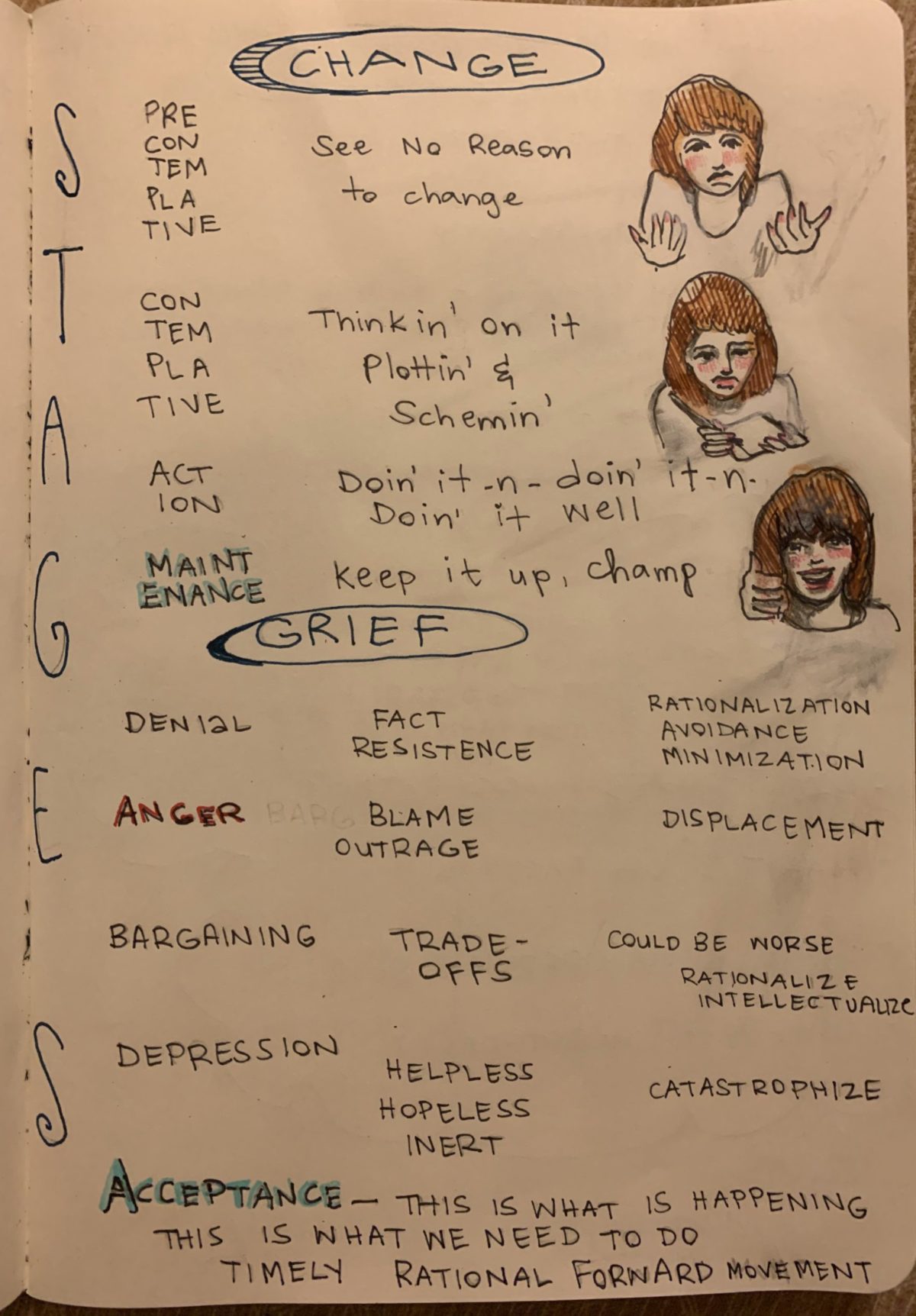
The Processes of Grief and Change:
I’m leaving these here mainly as a reference. We are all experiencing significant changes in our lives and are grieving the loss of everything from family members and start up businesses to grabbing an americano with a friend and taking the kiddos out to a museum.
Whether a change is intentional or just crash-lands in our laps, dealing with it is a process. Coming to terms with the concept, the information and potential consequences and disruptions to other areas of our lives…it’s dizzying even when the change is something we *want* and are working toward.
Movement through these processes are almost always displayed in a linear progression. But honestly, most people bounce around a bit as they move through the coming to terms with their new environment and/or behavior.
Many of the tools and strategies provided can seem overly simple. They can be pretty simple in theory. But it isn’t necessarily *easy* to practice them, especially at first. It makes a world of difference to be able to keep a balanced perspective, to have the tools to deal with the overwhelm. (I didn’t have that for most of my life and I remember how bad it can get.)
This Section will likely have bits and pieces added here and there. This is really the bulk of the coping strategies and neuropsych hack stuff. There will be a bit of everything below, but make sure to check out the linked sections for more on those areas.
Cognitive Restructuring:
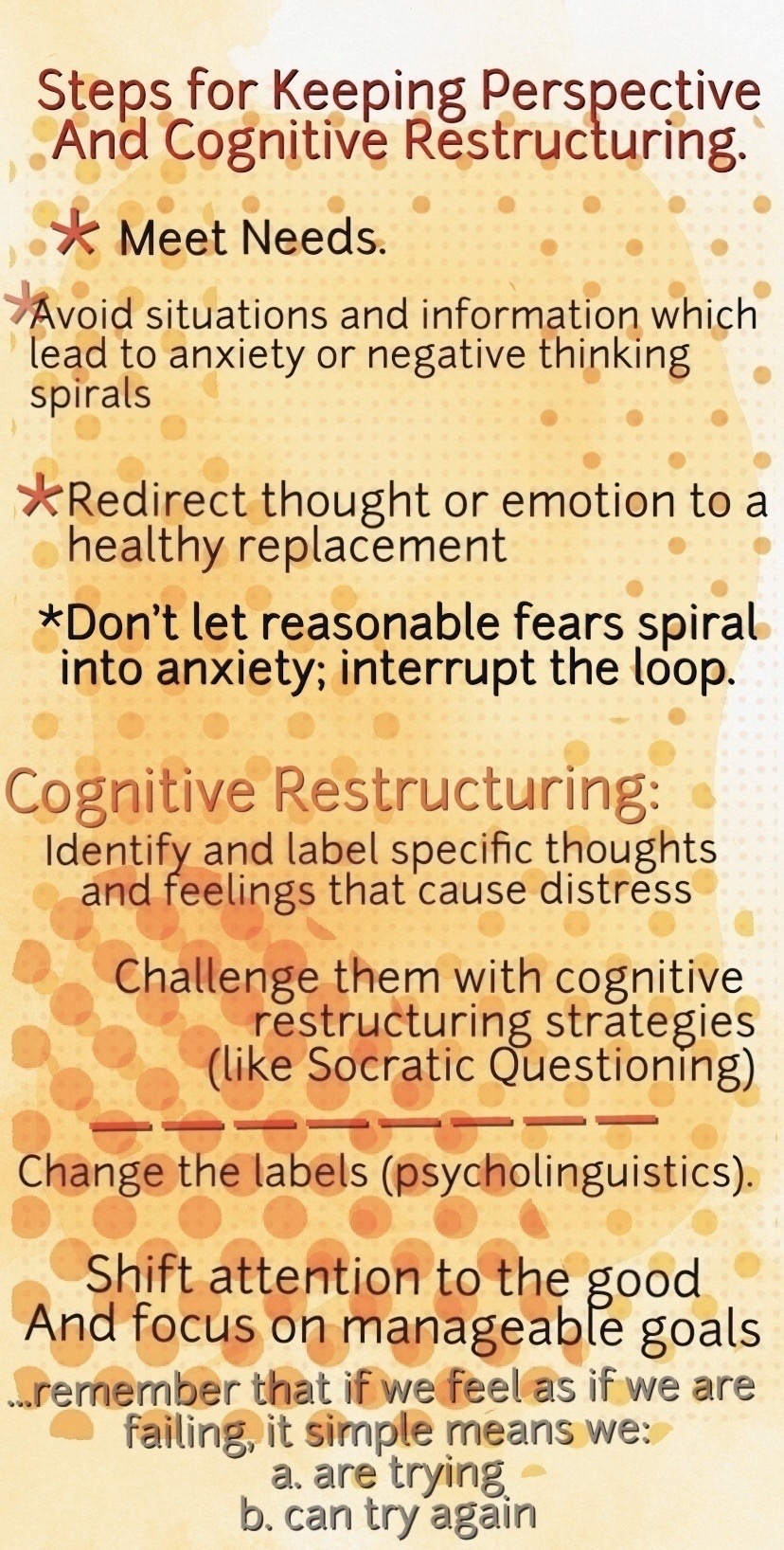
Cognitive Restructuring Process:
- Identify specific emotion/negative thought
- Challenge it
- Replace it
- Avoid experiences or information that still lead to overwhelm or try a different re-framing tool or type of coping strategy (like exposure therapy)
Socratic Questioning is one of the most effective way to challenge negative thought processes and “wrong” thinking patterns.
Some Examples of Socratic Questioning:
Clarifying the thought: name and describe
Origin of thought/belief/emotion: where did this idea come from?
Alternate Perspectives: What are other ways to view this?
Assumption/Evidence: Is this an assumption? Are we jumping to conclusions? What evidence is there?
Is this something that is in our control?
Is the thought exaggerated or over-generalized?
What are the consequences of this thought or its resulting reactions? If the worst possible outcome were to happen, what would our response be?
If it’s difficult to remember all of them, a good place to start looking at a thought or behavior is always:
Is it True… helpful, necessary?
Calm the overwhelm and focus on what we can do.
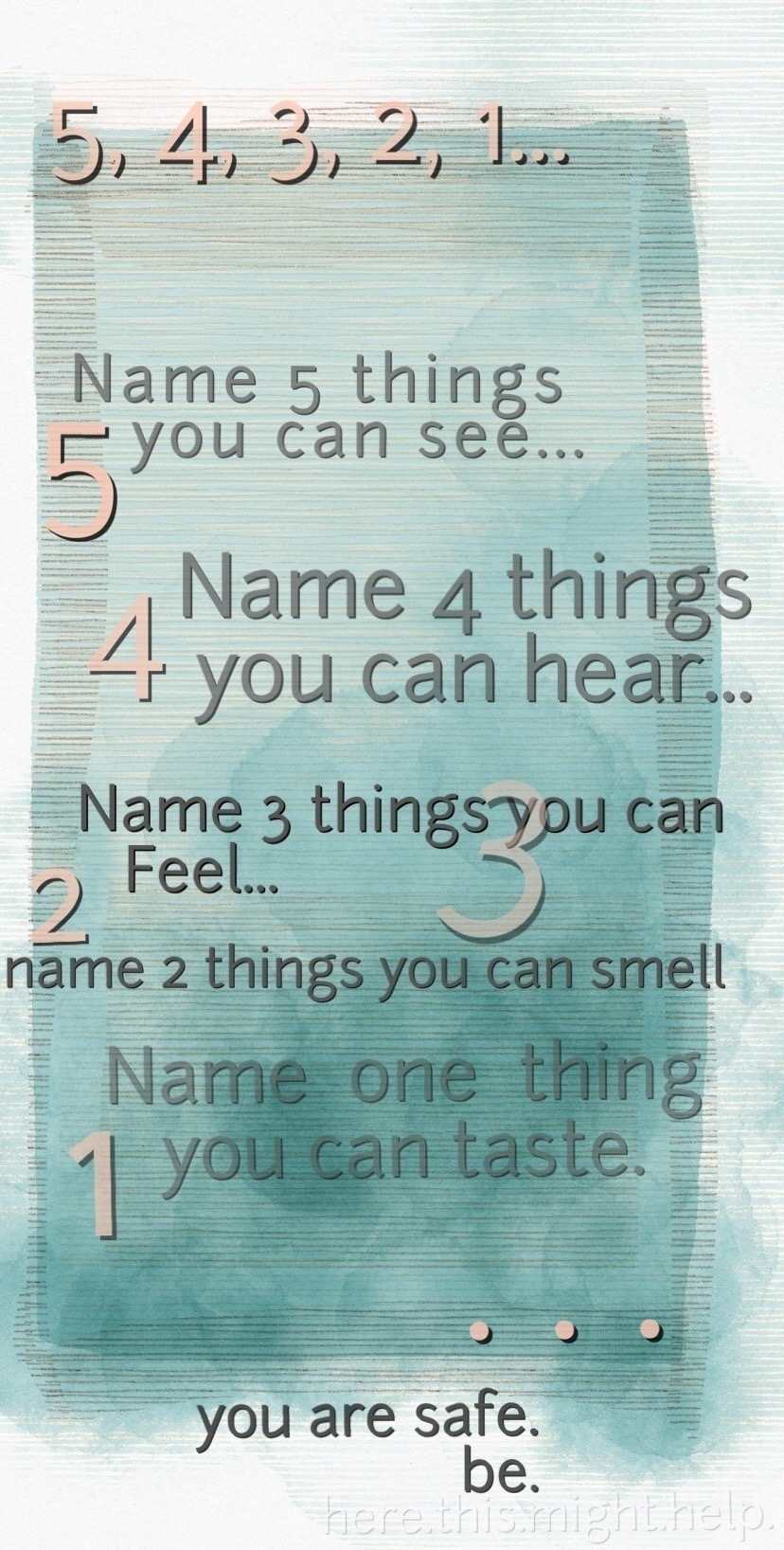
The whole goal of cognitive restructuring is to learn how to shift our focus or attention away from negative thoughts, cognitive distortions, and overwhelm back to healthy function and motivation in [areas of] life. Follow the link below to find coping skills for anxiety, information on psycholinguistics (how to change our reaction to our thoughts just by changing the language we use), and more.
More Tools and Strategies to Shift Attention and Keep Focused on Here and Now

Agi quod agis [do what you are doing]
Humans are imperfect. All of us. We need right-sized expectations, here. We are all incapable of perfection; we need to give ourselves the grace of recognizing that. It is okay to feel like we aren’t quite there yet or we are falling short somehow.
Falling short means we’re:
-Trying
-Able to try again.
And that’s the point; that we try.
If we must measure our progress, we must measure it only as distance from yesterday and with the understanding that progress over time is often marked in curves and loops rather than a straight line.
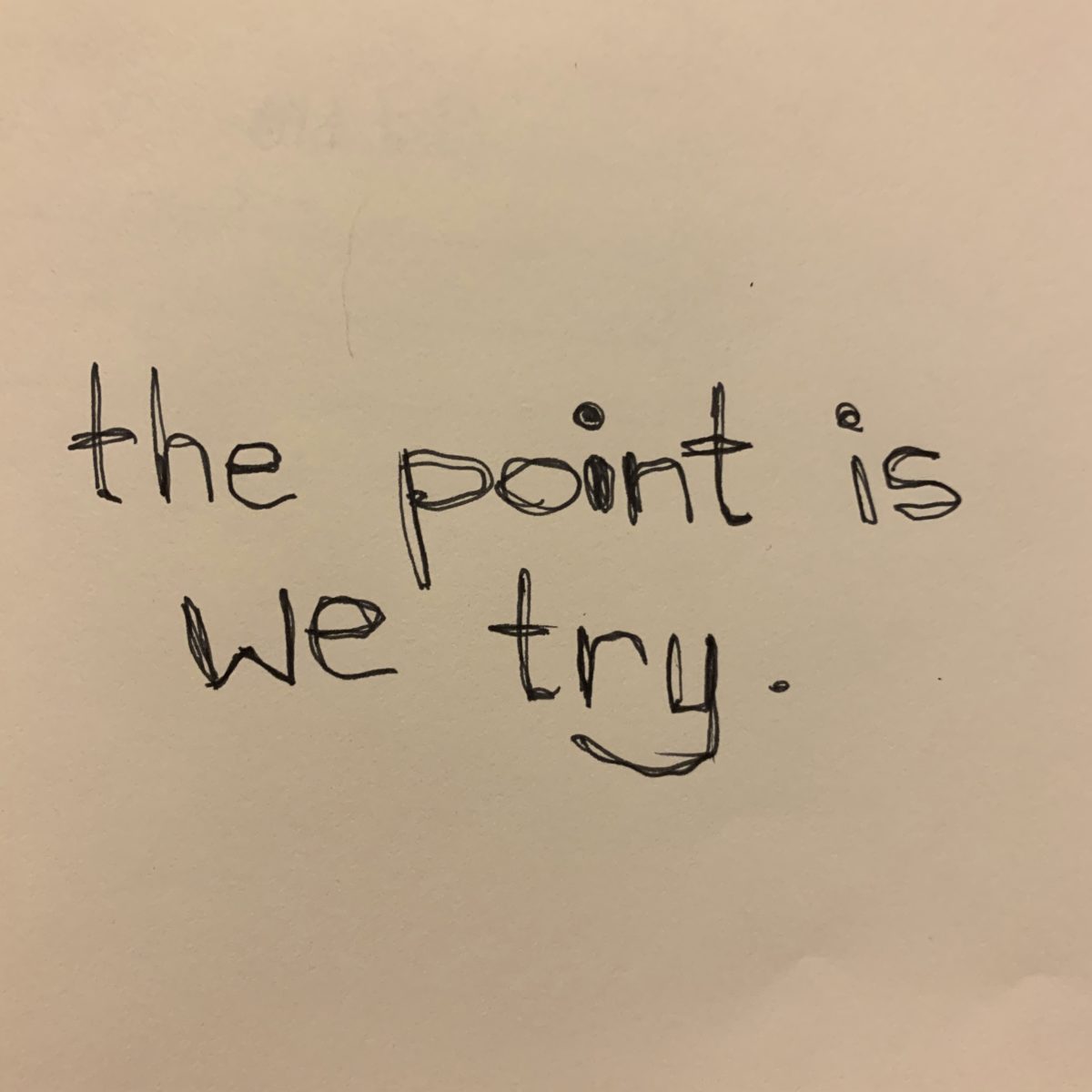
It’s okay to feel okay some times. It’s okay to have fun with our families and enjoy parts of our schedules and routines that are less stressful than the regular day to day grind.
It’s actually encouraged, and removes nothing from the seriousness of other parts of our lives.
The only way to *really* understand our current reality is to also include data on the *good* elements.
Allow Room For The Good.
On needing more some times:
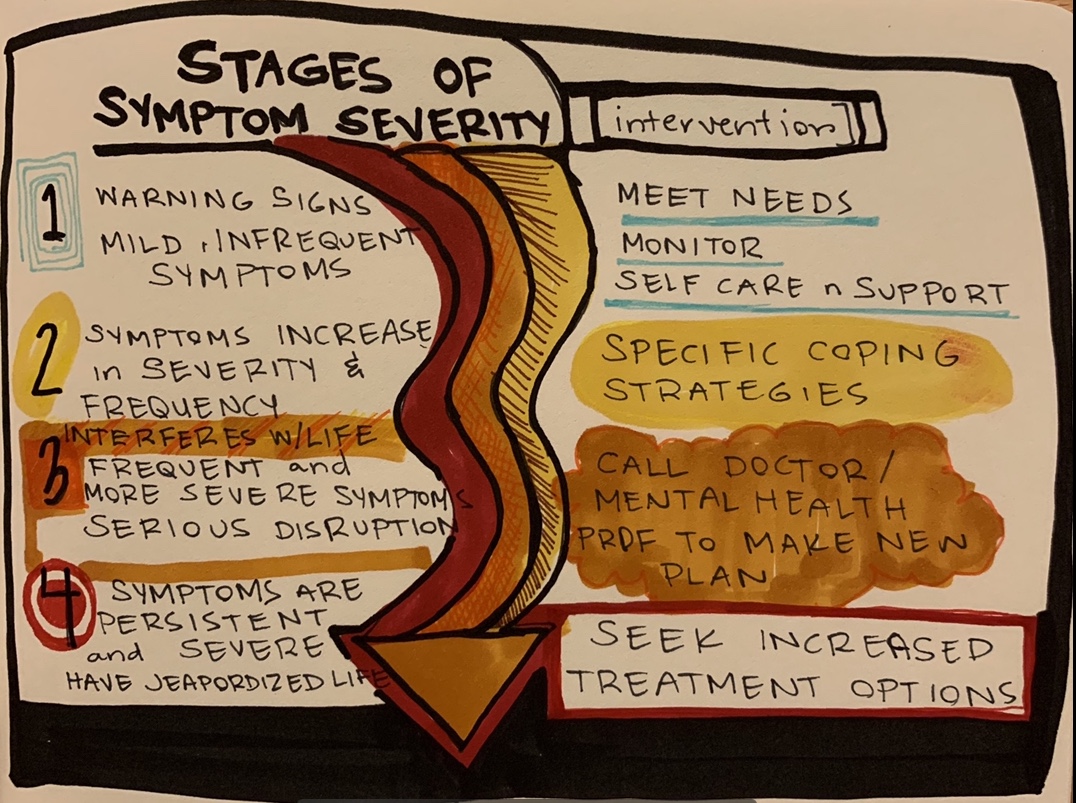
(Ask for help when needed!)
There is *no* nobility to the suffering and the tragedy. This romanticized correlation stems only from *who we are during a crisis and *who we become* after we survive it. There is no set timeline. Be patient, this is going to take a while for all of us. We should learn as much as we can even if it seems like it doesn’t apply right now…it may some day. Some things may not make sense right now and other things will just click. Some become daily tools and others only work for certain things or for a short time. It’s okay if there are days that we need more; it doesn’t mean that we are moving backwards. It is absolutely normal to go in cycles. It does not matter how slowly we go, as long as we keep going.
Other Resources:
CDC note on Mental Health and Covid-19:
NAMI Covid-19 Mental Health Resources: